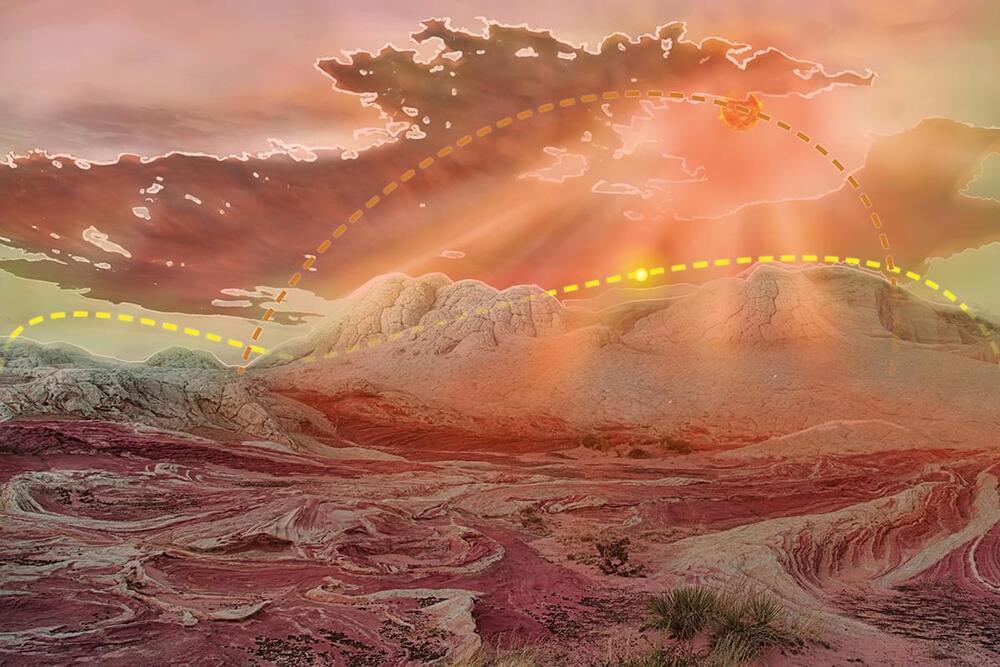Digital Trends Media Group may earn a commission when you buy through links on our sites.
©2022 Digital Trends Media Group, a Designtechnica Company. All rights reserved.

Digital Trends Media Group may earn a commission when you buy through links on our sites.
©2022 Digital Trends Media Group, a Designtechnica Company. All rights reserved.

The USB Implementers Forum (USB-IF) this week released the USB Type-C Specification Revision 2.1, and it introduces a welcome (and powerful) new feature.
Existing USB-C cables are capable of delivering up to 100 watts of power, but as The Verge reports, the latest spec revision increases it to 240 watts. The change means future USB-C ports will be able to power and charge a lot more of your kit, resulting in fewer cables and adapters to carry around.
Expect to buy a new cable and charger if you want to take advantage of the extra power.
Choco 3Drag for printing of three-dimensional shapes with chocolate.






